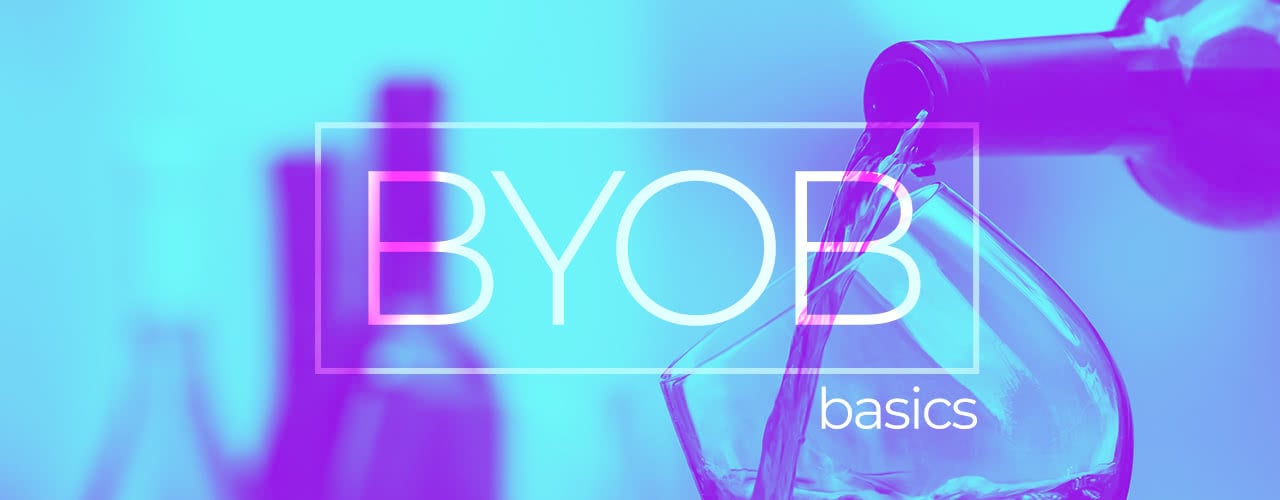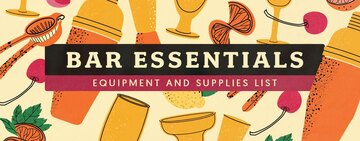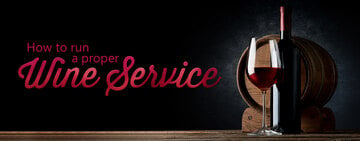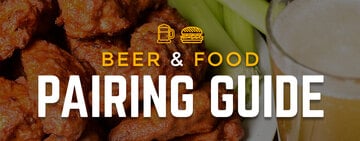BYOB describes a restaurant or event where guests are encouraged and allowed to bring their own alcoholic drinks. With a BYOB policy, guests can enjoy their preferred drink even if there is no alcohol on the menu. Some restaurateurs or hosts may shorten the acronym to just "BYO" to avoid specifying a type of alcohol, allowing guests to bring any type of beverage they prefer, whether it's wine, spirits, or even craft beer.
It's important to note that not all establishments have a BYOB policy, and those that do may have rules or restrictions in place. Some businesses limit the number of bottles you can bring, while others only allow certain types of alcohol. It's always a good idea to list the details of your BYOB policy on your website so that guests can make informed decisions before arriving.
What Does BYOB Stand For?
BYOB is an acronym that stands for "Bring Your Own Bottle." However, it's worth noting that in some instances, BYOB can also mean "Bring Your Own Beer" or "Bring Your Own Booze." Some establishments may have specific variations of BYOB. For example, you might come across "Bring Your Own Wine" (BYOW) or "Bring Your Own Liquor" (BYOL) services. These variations cater to individuals who enjoy pairing their own wine or liquor with their meal.
How Does BYOB Work?
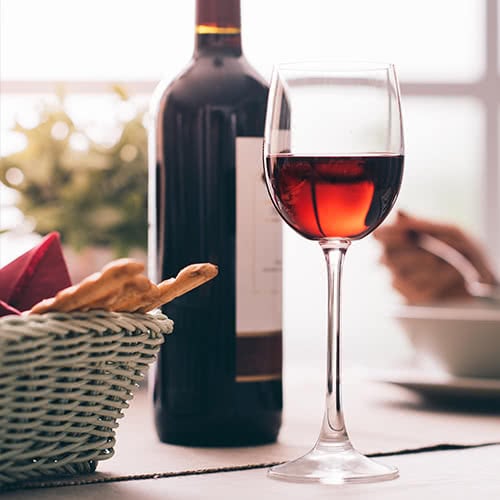
BYOB establishments only serve non-alcoholic beverages and food, with guests providing their own alcoholic beverages. Even though they cannot serve alcohol, many BYOB restaurants will take extra steps to enhance their beverage service and create a comprehensive serving experience. We've listed common ways restaurants and other establishments enhance their BYOB service below.
- Corking services: Many BYOB restaurants will uncork a guest's wine bottle for a small fee.
- Offering complimentary glassware: Some restaurants offer guests complimentary glassware, allowing them to drink their beverages properly. This attention to detail adds a touch of elegance to the dining experience so that guests can fully enjoy their beverages.
- Providing bartending supplies: Many BYOB establishments provide guests with bartending supplies, including bottle openers, corkscrews, cocktail shakers, and ice buckets. These supplies allow guests to mix their own cocktails or open a bottle of beer without any hassle.
Do You Need a Liquor License for BYOB?
Some states allow BYOB establishments to exist without a liquor license, while others do not. In general, most BYOB restaurants cannot obtain a liquor license or only possess a limited liquor license, necessitating a BYOB service. Operating in an area with a limited supply of licenses, dealing with financial constraints, and simple business decisions can all determine whether a restaurant obtains a liquor license.
Before you offer BYOB service in your business, check with local authorities to ensure you comply with all applicable laws and regulations. They will be able to provide you with specific information about the requirements and restrictions in your area.
BYOB Rules
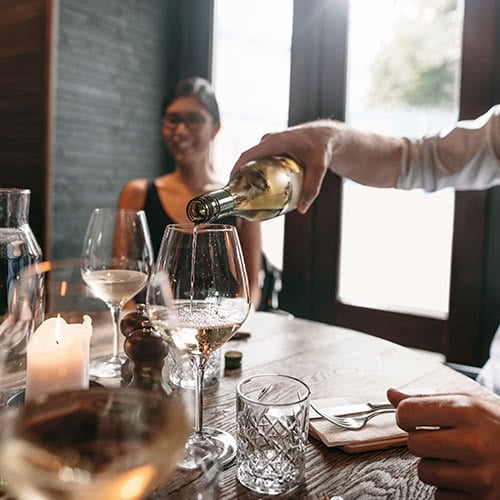
Beyond the set of rules and regulations set in place by the local government, your restaurant may institute its own house rules. These rules can vary depending on the restaurant, and we've listed some of the most common rules below.
- Calling ahead: Some establishments may have a limited number of tables available for BYOB customers or may require advance notice to ensure they have proper glassware and amenities available.
- Charging corkage fees: Corkage fees are charged for opening and serving your bottle of wine or other alcoholic beverage. They vary from restaurant to restaurant and can range from a nominal amount to a percentage of the bottle's price.
- Beverage restrictions: A restaurant offering BYOB service may choose to restrict the types of alcohol that guests bring. Other establishments may only allow types of alcohol that match their restaurant concept.
- Tipping: Though it isn't required, many establishments still ask that guests tip their servers for BYOB service. Although guests aren't purchasing alcohol from the restaurant, the server may still provide them with glassware and other services.
BYOB Events
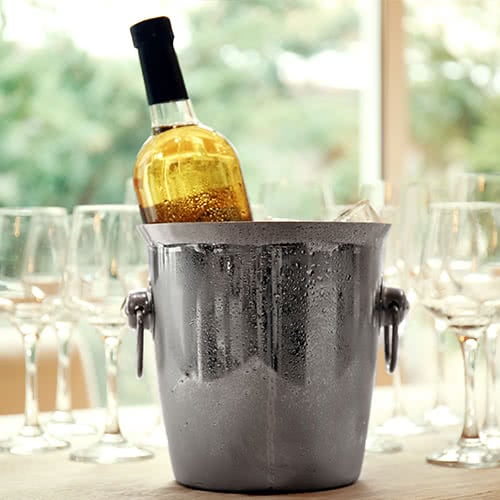
BYOB events are a popular choice for a wide range of occasions, including work gatherings, birthdays, and viewing parties for sporting events. The flexibility of choosing their beverages allows guests to enjoy their favorite drinks while also saving on costs. It adds an element of personalization to the event, as guests can choose their preferred beverages to suit their tastes. When it comes to hosting a BYOB event, there are a few considerations to keep in mind.
- Communicate your policy: It's important to communicate clearly with guests about your BYOB policy. Let them know what is allowed and any restrictions that may apply.
- Provide supplies: Just as you would in a restaurant, provide basic amenities like ice buckets, bottle openers, and glassware for your guests. Having these items readily available can make the experience more convenient and enjoyable for everyone.
- Provide mixers and garnishes: In addition to supplies and glassware, consider offering a variety of cocktail mixes and garnishes. This will allow guests to get creative with their drinks and further personalize their experience.
- Keep regulations in mind: Ensure you comply with legal requirements and possess the proper permits and licenses for hosting a BYOB event. This may include obtaining a special event permit or adhering to specific regulations regarding the consumption of alcohol in your area.
While not every restaurant has a BYOB policy, it's worth considering the benefits of offering this option to your customers. Whether you're unable to obtain a liquor license or don't want to serve alcohol on your menu, you can still provide a comprehensive beverage service. By adhering to the information above, you can implement an effective and successful BYOB policy.
